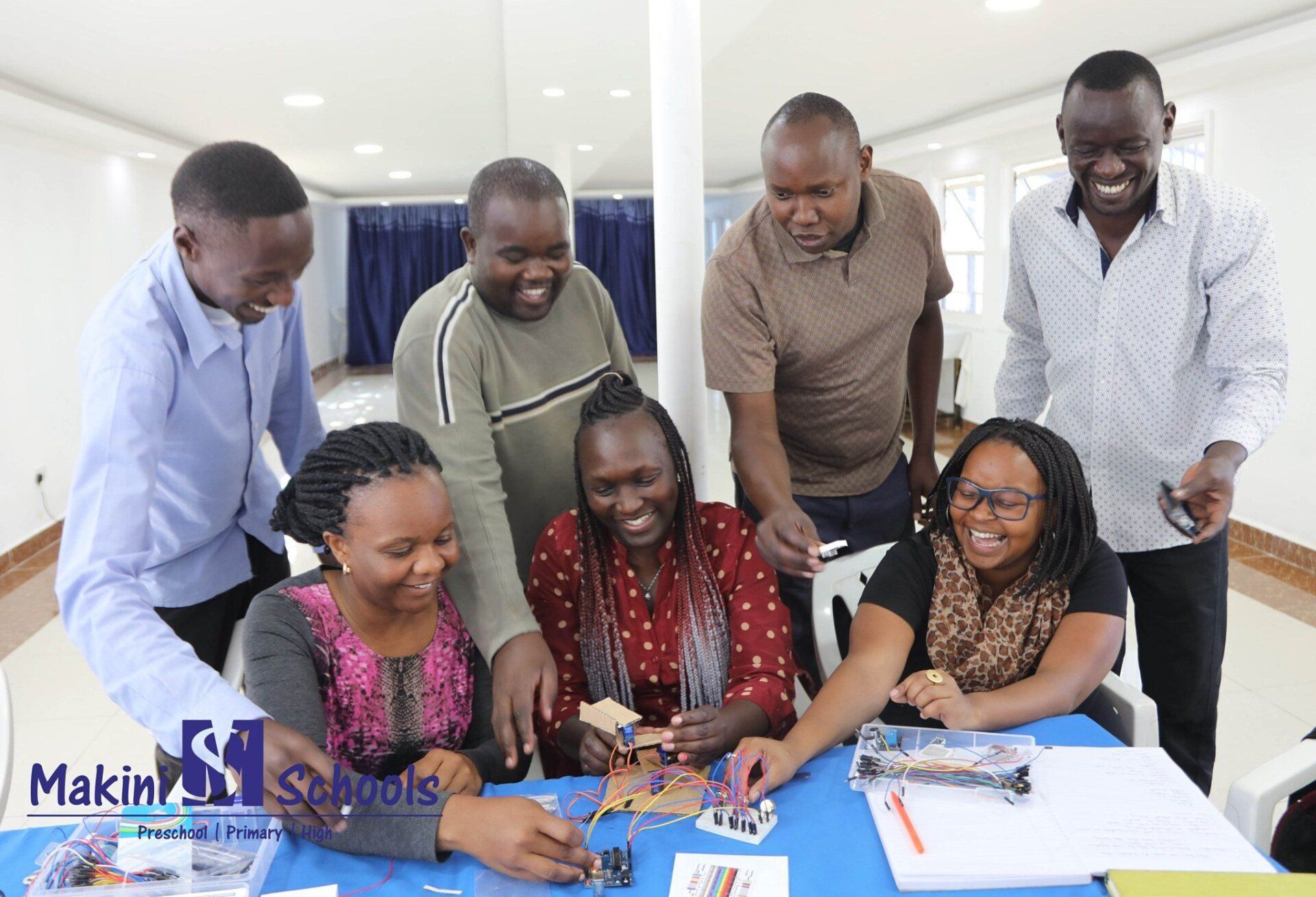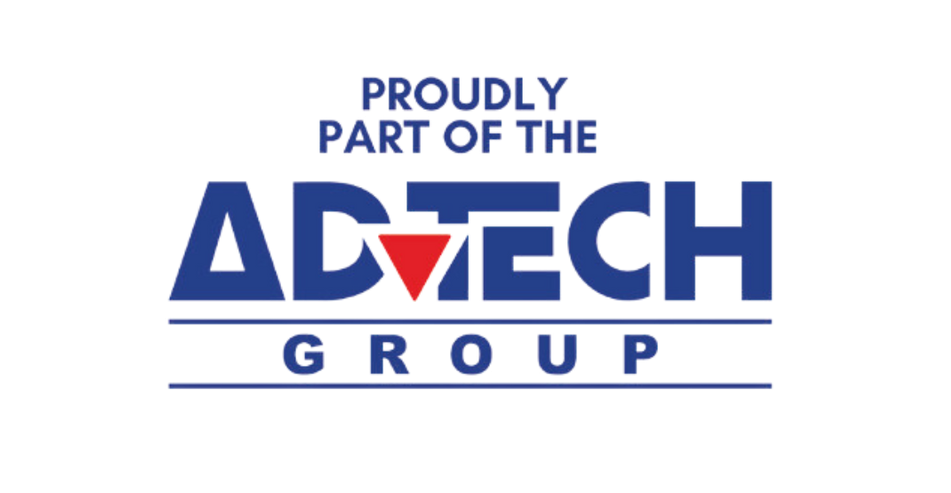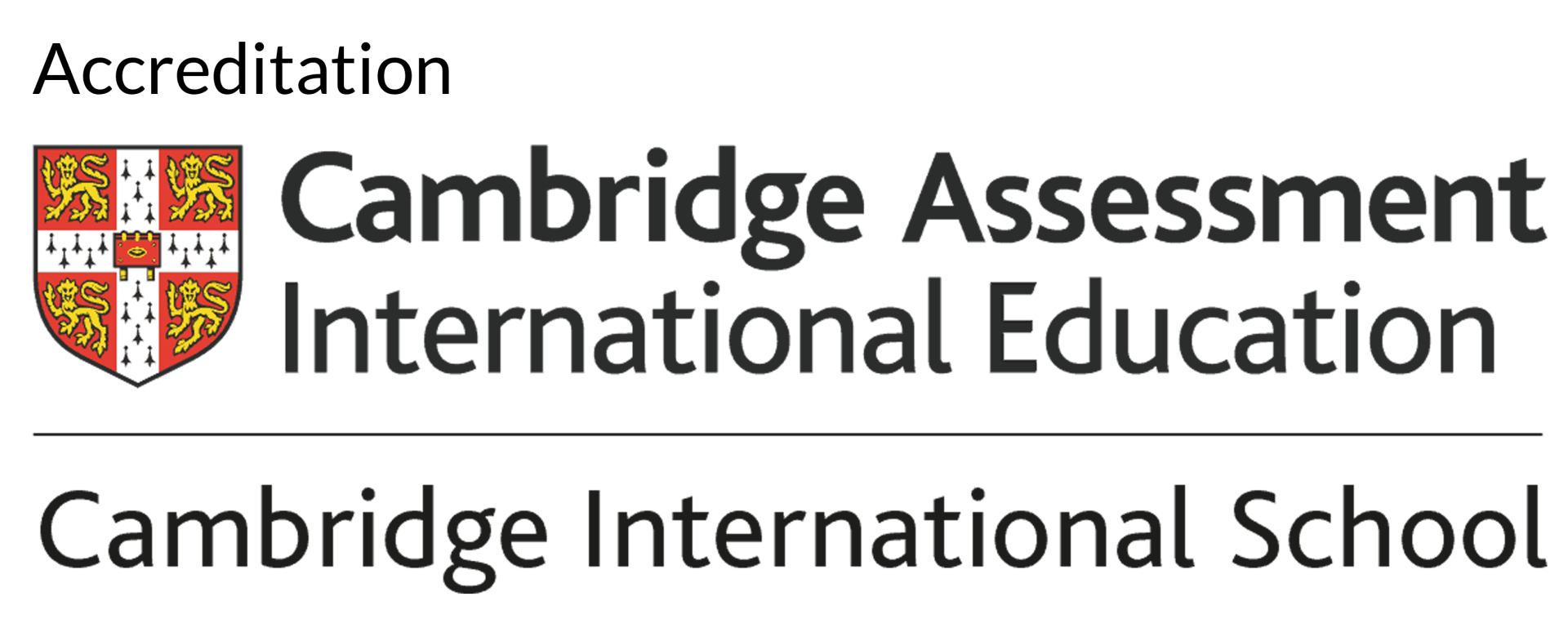STEM Education in Kenya: A New Frontier
STEM (science, technology, engineering, and mathematics) education is premised on an applied and inter-disciplinary curriculum. It allows students to draw a correlation between what they learn in the classroom and how they can apply that thinking in the real world.
Like many countries on the continent, Kenya is one of the biggest emerging tech hubs in Africa. Silicon Savannah, the Silicon Valley of Nairobi, is such a city where the most innovators and inventors of Kenya conglomerate. The technological advancements are due to the rise of STEM education and schools in the country.
STEM education is important because it advances the country forward and drives growth. Thus, at Makini, we are not only preparing our students to be active participants in the country’s economy but to also use global objectives to improve the economy. We will explore how STEM education in Kenya can be used to advance the United Nations’ Sustainable Development Goals (SDGs) by 2030 while also highlighting the advantages and disadvantages of this model.
There are 17 SDGs to be achieved by 2030; however, we will only focus on and highlight a few.
Advantages of STEM Education in Kenya
- Fostering Innovation (SDG 9 - Industry, Innovation, and Infrastructure): STEM education encourages creativity and problem-solving skills, enabling students to innovate and contribute to technological advancements. Kenya's growing Silicon Savannah benefits from a workforce well-versed in STEM fields.
- Reducing Inequality (SDG 4 - Quality Education and SDG 5 - Gender Equality): By promoting gender-neutral access to education and ensuring equal opportunities in STEM, Kenya can reduce gender inequality. This aligns with SDG 4 and SDG 5 by providing quality education to all, irrespective of gender.
- Economic Growth (SDG 8 - Decent Work and Economic Growth): STEM-educated individuals are more likely to secure higher-paying jobs, contributing to economic growth and reducing poverty rates. Kenya's development agenda can benefit significantly from a STEM-skilled workforce.
- Environmental Sustainability (SDG 7 - Affordable and Clean Energy): STEM education equips students with the knowledge to address environmental challenges. As Kenya strives to achieve affordable and clean energy sources, STEM expertise is vital for driving renewable energy initiatives.
- 5. Healthcare Advancements (SDG 3 - Good Health and Well-Being): STEM education supports medical research and innovation, which can lead to improved healthcare solutions. This aligns with SDG 3 by ensuring good health and well-being for all.
Disadvantages of STEM Education in Kenya
- Limited Access to Resources (SDG 4 - Quality Education): Many Kenyan schools lack proper STEM facilities and resources, limiting access to quality education.
- Gender Disparity (SDG 5 - Gender Equality): Despite progress, gender disparities still exist in STEM fields, with fewer women pursuing STEM careers. It is vital to encourage girls to enter STEM fields because it will destigmatize the domain as male-dominated.
- Rural-Urban Disparities (SDG 10 - Reduced Inequalities): STEM education is more accessible in urban areas, thus leaving rural communities at a disadvantage. We need to bridge this gap in order to reduce these inequalities.
- Lack of Skilled Teachers (SDG 4 - Quality Education): A shortage of qualified STEM teachers hinders the delivery of a quality education. To meet the 4th SDG, Kenya must invest in teacher training and professional development.
- Overemphasis on Academics (SDG 4 - Quality Education): The intense focus on academic excellence in STEM education can neglect the development of critical life skills. A balanced approach that includes soft and creative skills is essential to keeping a learner’s education holistic.
In Kenya, STEM education holds the promise of driving sustainable development by addressing various UN SDG 2030 goals. However, it also faces challenges related to access, gender disparity, and resource allocation. To maximise the advantages and minimise the disadvantages, concerted efforts are required from all stakeholders, including the government, educators, and the private sector. By investing in STEM education and ensuring its accessibility and inclusivity, Kenya can make significant strides towards achieving the ambitious SDG 2030 agenda.













